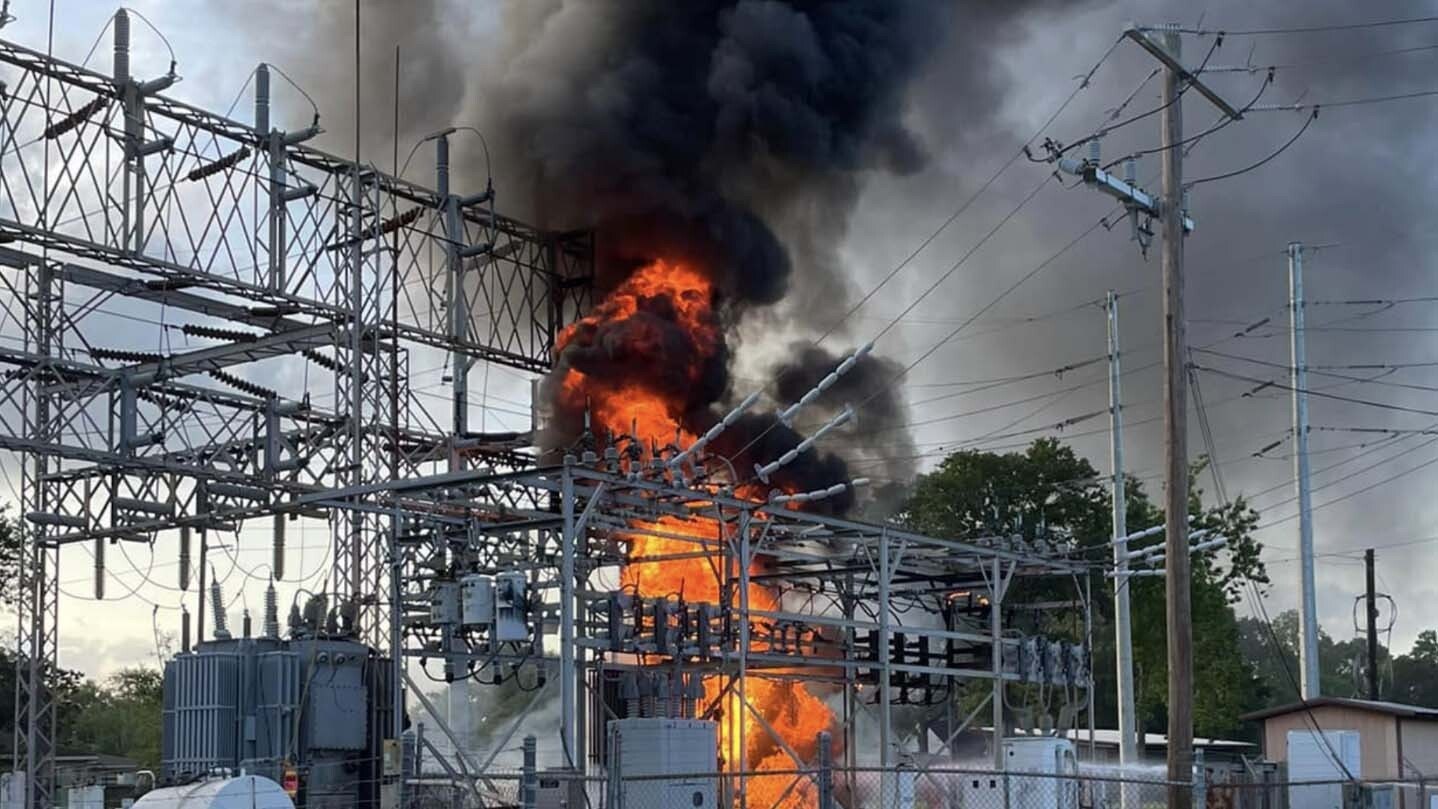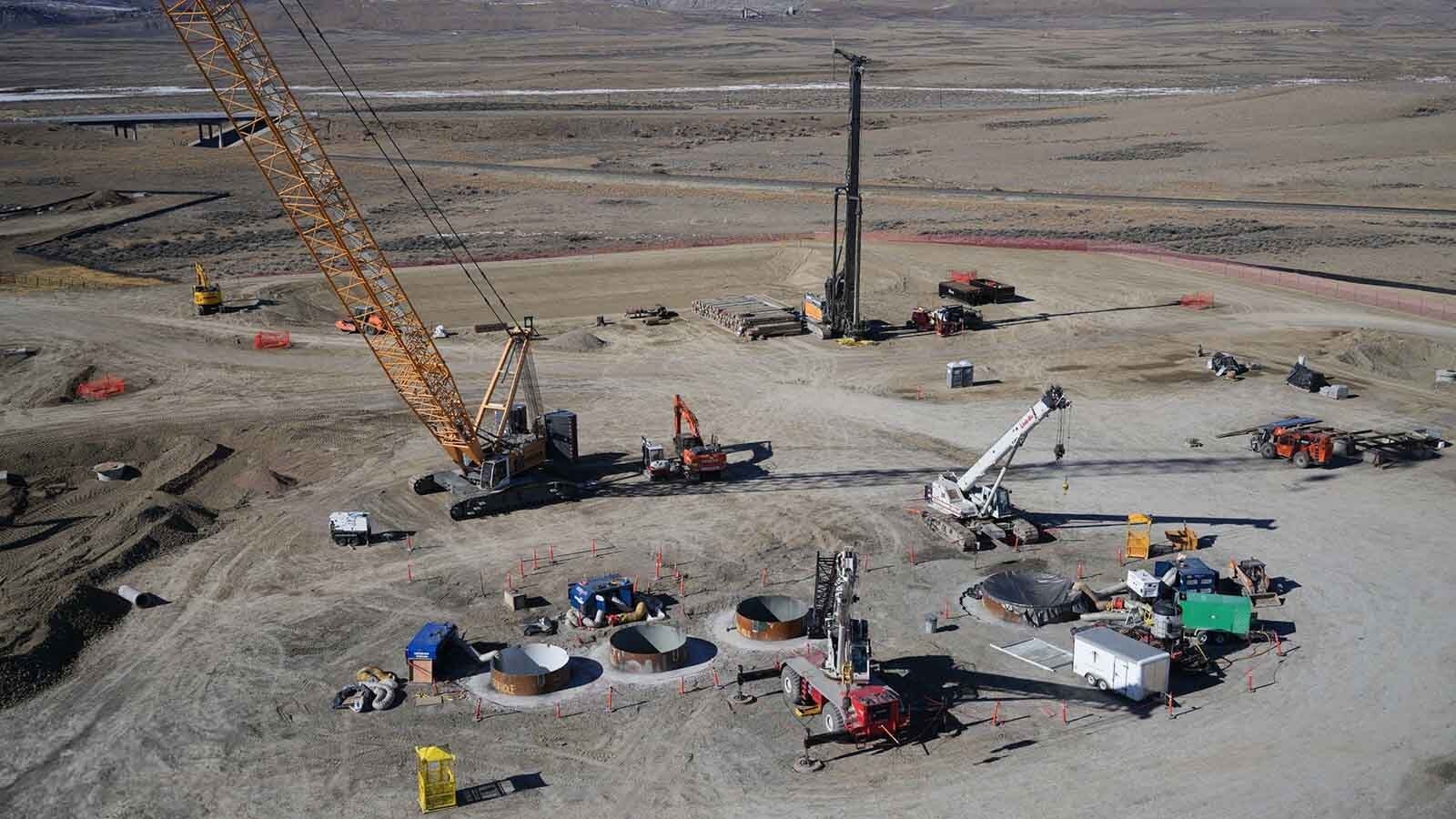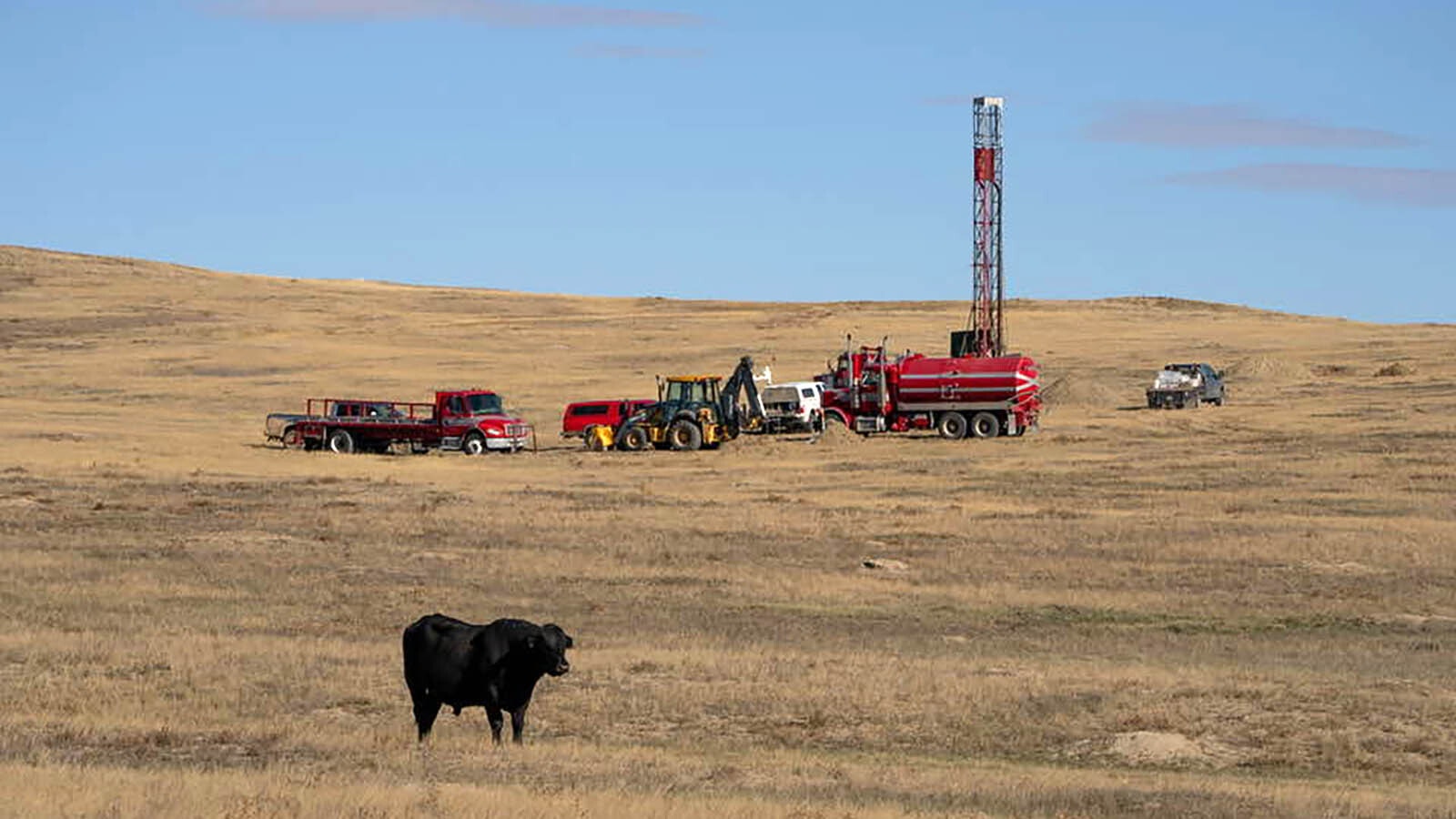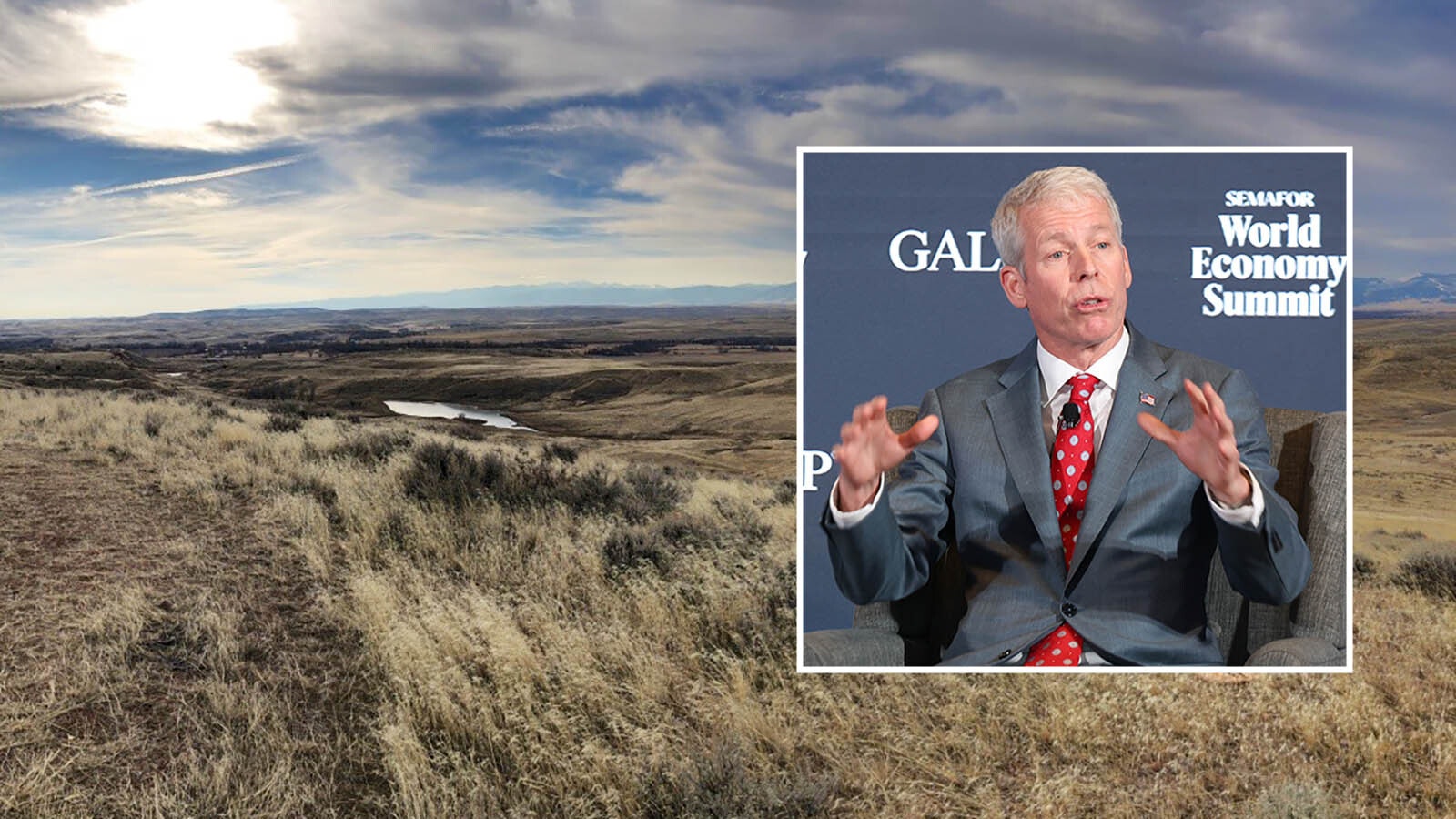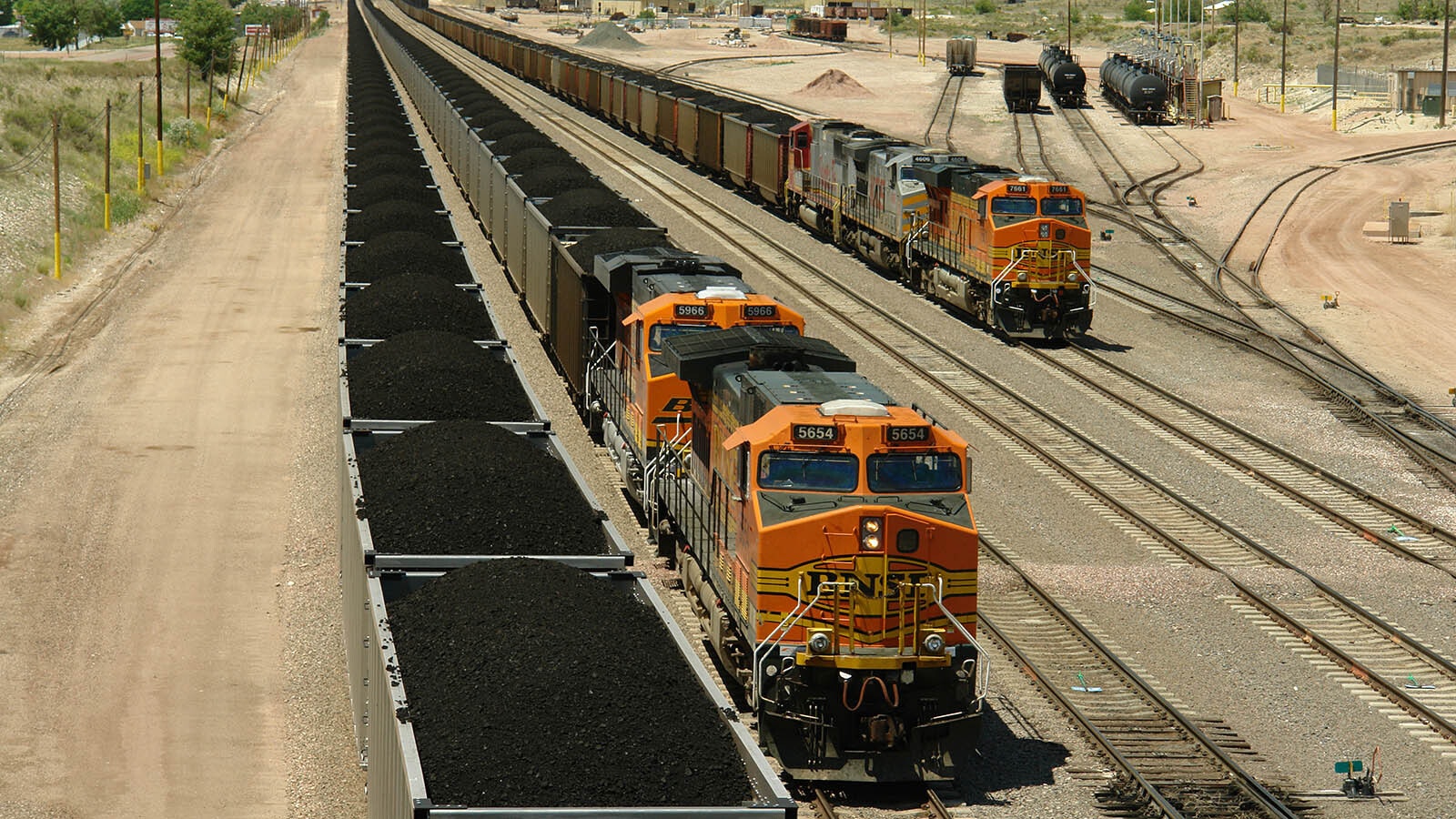A report finding that the nation’s electrical supply faces potentially catastrophic failures this summer has the attention of federal lawmakers.
Members of the U.S. Senate Energy and Natural Resources Committee heard testimony last week from experts on what Sen. John Barrasso, R-Wyoming, called a potentially disastrous problem facing the nation.
“When the electric grid fails, it puts our other essential services at risk or makes them unavailable. The consequences are catastrophic,” he said. “There's no disputing the fact that electricity needs to be produced at the instant people call for it.”
Destabilized Grid
The report by the North American Reliability Corp. found that the generation resources on the grid can keep up with normal demand this summer. The problems start if there’s a period of increased heat, which is common in summer.
Since wind and solar energy are intermittent and can go offline for days at a time, renewable resources need backup from hydroelectric, nuclear, coal and natural gas.
Coal-fired power plants, the report states, are being retired before enough new generation sources are being put on the grid.
Despite billions of federal dollars going into renewable energy, construction of wind and solar farms, as well as the needed transmission to support them, is moving at a glacial pace compared to the speed by which the Biden administration is taking coal plants offline.
This had led to an overreliance on natural gas-fired capacity to maintain grid reliability, but natural gas has volatile pricing. Likewise, due to environmentalist opposition and resistive regulations, pipelines and drilling capacity make the supply unreliable.
Unelected Bureaucrats
Sen. Mike Lee, R-Utah, said the Biden administration has been in an all-out war on reliable energy, much of which is carried out with regulations coming from “unelected, unaccountable bureaucrats.”
As an example, Lee pointed to the EPA’s most recent proposed regulations that would likely shut down most coal and natural gas-fired power plants.
Lee said that people’s ability to survive and thrive are dependent on affordable and reliable energy.
“It’s become popular to talk about the negative impacts of using coal and natural gas,” Lee said. “But we really should have a conversation about the extent to which we rely on them and about the positive impacts of using them.”
Lee asked James Robb, president and CEO of NERC, if he found this trend troubling.
Robb said that coal and natural gas-fired power plants are key to maintaining voltage and resist disturbances on the grid.
“It’s highly troubling, because we’re retiring these plants before their attributes are being fully replaced,” Robb said.
Larger Picture
Emily Arthun, CEO of the American Coal Council, told Cowboy State Daily that it’s encouraging that more people are talking about the impacts of rapid coal-plant retirements and its potential impacts to the electrical grid.
However, Arthun echoed the points Lee made about the EPA not hearing these concerns.
“The EPA continues to operate almost in a silo, and it can’t or won’t see the larger picture of what’s going on. We just can’t retire baseload power this quickly,” Arthun said.
Travis Deti, executive director the Wyoming Mining Association, told Cowboy State Daily that the Biden administration has a “myopic” view that we can power the U.S. largely on unreliable sources of energy.
“We can scream it from the mountaintops that you need reliable baseload power in this country and that comes from fossil fuels, but the administration is serving their environmental masters,” Deti said.
Deti said it was encouraging that Lee and Barrasso were talking about the negative impacts of the absence of coal and the often-denied benefits of fossil fuels.
Blackouts Increasing
In addition to decreasing reliable generation, more demands are being placed on the grid with increased electric vehicle use and electrification of stoves and heating.
“A substantial increase in electricity demand is all but certain when we look at the numbers. This increased demand on the electricity sector will make reliability and affordability even more vital,” said Dr. Melissa Lott, senior scholar and director of research at the Center on Global Energy Policy at Columbia University.
Lott said that in 2021, U.S. customers experienced an average of seven hours without electricity, which is higher than some other comparable economies.
The durations were much higher in some states. Louisiana residents had more than 80 hours without power, Oregon residents lost power for over 25 hours, and Texas residents were without power for more than 20 hours.
National Security
David Tudor, CEO of Associated Electric Cooperative Inc., said at the hearing that the threats to the grid are a national security risk.
Besides the retirement of coal-fired generation, which he said would accelerate if the EPA regulations become final, Tudor said that there now is no technology to deliver around-the-clock baseload electricity to replace the retired plants.
“It has to be tested, proven financeable, and also connected to the transmission grid by 2028,” he said, referring to the EPA’s timetable for the elimination of coal-fired capacity in the U.S.
Much of the planned replacement generation, Tudor said, is wind, solar and batteries. Only about 4% is natural gas.
Tudor said the engineering planning involved in adding these new generation resources to the grid take a long time, and the transmission required to support them takes several years to build.
Supply-chain issues and inflation also are driving up the cost of adding new resources.
All the while, Tudor said, China and other countries are building new coal plants, which will offset any emission reductions from U.S. coal retirements.
“It’s the same air,” Tudor said.
Proposals
Robb said NERC’s latest summer reliability assessment wasn’t the first to identify growing reliability issues.
“Our assessments demonstrate that the electric grid is operating ever closer to the edge, where more frequent and more serious disruptions are increasingly likely,” Robb said.
He proposed five calls to action for the Congress to consider to address the nation’s growing reliability issues. He said the natural gas sector needs more support, as it is becoming the largest power generation fuel in the U.S. The U.S. needs more appropriate investments in grid reliability and resilience.
Robb said that reliability needed to be prioritized in policy decisions, and permitting reform is needed to speed up the buildout of transmission lines.
Lastly, he said the grid needed more deployment of new technologies, including energy storage, hydrogen and nuclear technologies.

